Discover Andalucia
-
Fiestas of Andalucia
With a undeniable lust for life, the region of Andalucia is home to over 3000 fiestas every year from carnivals, to religious processions to dance festivals. Here are some of the most exciting "ferias" to witness in Andalucia.
Semana Santa - otherwise known as Holy Week transforms towns across Andalucia between the Sunday before Easter Sunday (Palm Sunday) to Good Friday/Easter Saturday. The highlight of Semana Santa celebrations are colourful processions with beautifully decorated floats featuring images of Jesus Christ and other religious icons, accompanied by Nazarenos dressed in distinctive robes and capes carrying candles.
Feria de Abril - colourful at the best of times, Seville really comes alive during this very popular festival also known as the "world's most colourful party" which generally takes place two weeks after Holy Week. Over seven days you will see sevillanas (a traditional local dance with the brightest costumes), eat pescaito frito (fried fish) from food stands, and enjoy the city being lit by thousands of lanterns. It culminates in a spectacular firework display. This is definitely a festival where you will eat, drink and be merry!
Malaga Carnival - similar to the Feria de Abril, this is a smaller scale version which you may wish to visit if flying into Malaga. Expect lots of flamenco and lots of sherry! Dates are changing every year but usually begins the week before Shrove Tuesday and lasts around 4 weeks.
Corpus Christi - the largest festival in Granada, this week-long event celebrates the presence of the body of Christ in holy water. You can witness puppet shows, processions, concerts, bullfighting and flamenco and it usually takes place 60 days after Easter Sunday.
Feria del Caballo - traditionally held in the first or second week in May, this lively festival brings together the finest horses of Jerez in a 52,000m fairground. Various equine events take place throughout the week such as carriage driving, doma vaquera (traditional working horse discipline) and acoso y derribo (rounding up of cattle). And a very colourful horse and carriage procession takes place every day!
Whatever festival you see in Andalucia, be sure there will be plenty of polka-dot dresses, cervecitas and sherry overflowing, lots of laughter, songs and dancing!
![Fiestas of Andalucia]()
-
Historical influences of Andalucia
With Moorish, Roman, and Greek influences, the region of Andalucia has a complex history, which is part of the reason it is such a fascinating part of Spain to explore.
Early beginnings - dating back to around 8000BC, North African tribes (now known as Iberians) established farming settlements throughout Andalucia. The Phoenician traders (who originated from Southern Syria, Lebanon and Northern Israel) established the sea port of Cadiz in around 1100BC and led to the emergence of many cities on the Andalucian coast. The Phoenicians were followed by the Greeks and Carthaginians (hailing from Tunisia) who monopolised Western Mediterranean trading routes.
The Romans - from around the 3rd century BC, Roman legions appeared in Andalucia and would remain for nearly 700 years. Betis (Andalucia) was one of Rome's richest colonies, exporting olive oil and wine via the Guadalquivir river, Andalucia's main river and it is where Roman emperors Trajan and Hadrian were born. Under Roman rule, Spain became a Christian country. The Roman Empire eventually collapsed following invasion from a barbaric tribe, the Visigoths.
The Moors - Islamic warriors invaded Spain in the year 711 and called the region Al-Andalus. Islam became dominant and The Moors spread their cultural legacy, evident in places such as the Alhambra in Granada and Mezquita (Great Mosque) of Cordoba They led the region for 8 centuries and the Andalucian cities of Sevilla, Córdoba, Granada and Cádiz were recognised throughout Europe as centres of great learning, renowned for impressive art and architecture, and homes to prestigious scientists and philosophers. They also created sophisticated irrigation systems, and many pueblos blancos.
Reconquest - In the the 13th century, Christian reconquest reached Andalucia and by the end of the 15th century, the Catholic Monarchs, Isabel of Castille and Ferdinand of Aragon, had taken the last stronghold of the Moors, Granada and the Alhambra Palace, and Columbus set sail from Andalucian port, Huelva, to discover America in 1492.
![Historical influences of Andalucia]()
-
Andalusian City Stopovers
As well as a plethora of beautiful natural landscapes in which it is a pleasure to walk and cycle in, Andalucia has plenty of stunning cities to spend time exploring! Here are just a few...
Granada - probably the most famous city in Andalucia and for good reason! Visit the iconic Arabic palace, The Alhambra, wander through the old Arab neighbourhood of Albaicin with its souk-style market or marvel at it's amazing location with wonderful views at the foot of the Sierra Nevada mountains.
Ronda - Most famous for the 200m chasm of the El Tajo gorge which divides the town in two. The 18th century Puente Nuevo, 'new' bridge, offers some of the best views. The historical Moorish quarter is especially interesting, although you are sure to discover many more delights as you wander the streets.
Seville - Explore The Alcázar of Seville, the oldest Royal Palace in Europe with its beautiful Moorish courtyards, fountains and gardens before heading to the Cathedral, the largest gothic Cathedral in the world and home to the historic tomb of Christopher Columbus. Seville is also home of Flamenco, so be sure to try and catch a show at one of the many flamenco bars.
Cordoba - Whilst none of our tours visit Cordoba - at the moment! - it is really worth visiting if you are in Andalucia as part of a longer trip! Highlights include the Mezquita (Mosque-Cathedral) with its fascinating history of being a mosque or cathedral depending on who ruled the city, the iconic Roman bridge over the Guadalquivir river and the medieval palace of Alcázar de los Reyes Cristianos.
Jerez de la Frontera - this vibrant city is the heart of Spain’s sherry wine country. Bursting with Andalusian charm, Jerez’s streets are peppered with scores of Sherry Bodegas, including the famous ‘Tio Pepe’ and ‘La Ina’ which both provide daily tasting experiences for around €10 per person. Later into the evening, discover the age-old tapas bars serving plates of local alchahofas, rabo de toro and espárrago.
Cadiz - the oldest settlement in Spain, this ancient port city offers over 3000 years of history. The old town of Cadiz remains much as it was during the 18th century ‘Golden-Era’ with sailor’s alleyways, grand plazas and turreted houses.
![Andalusian City Stopovers]()













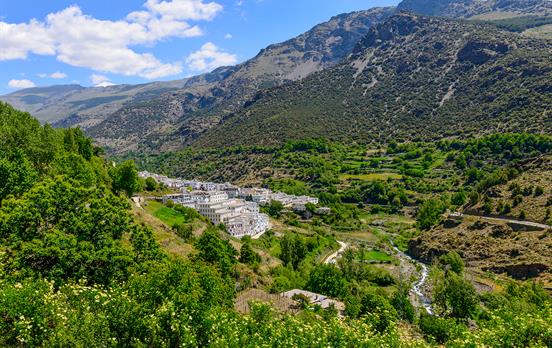
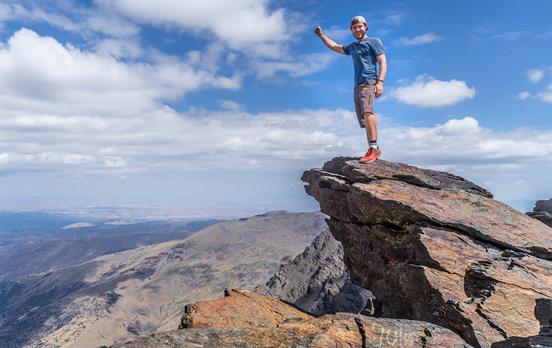
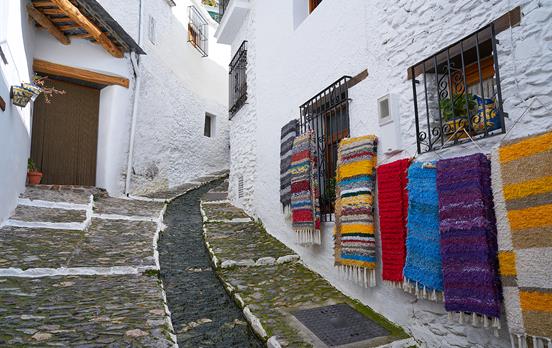
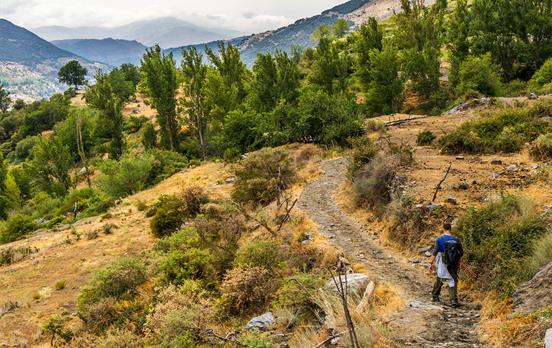
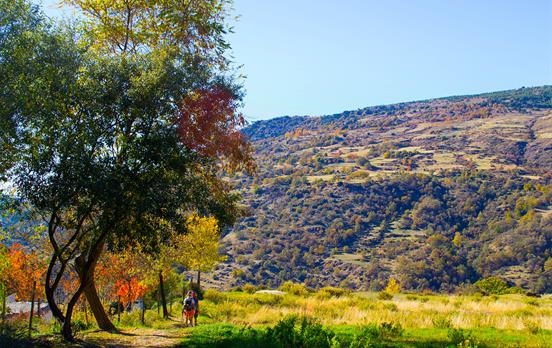
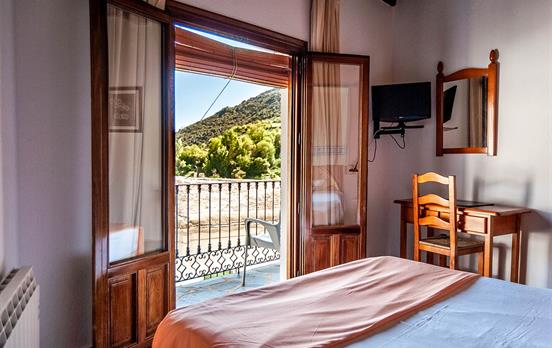
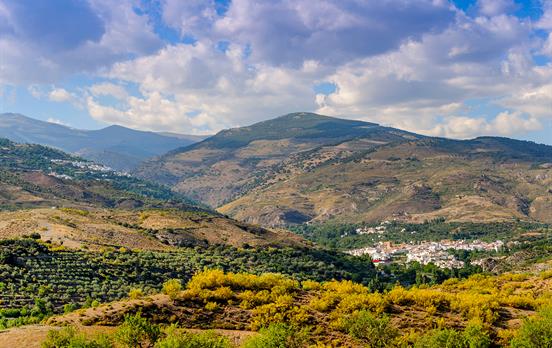
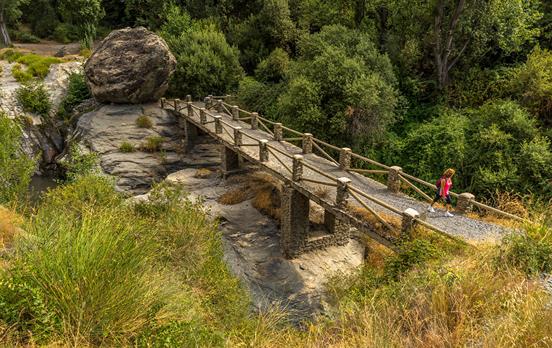
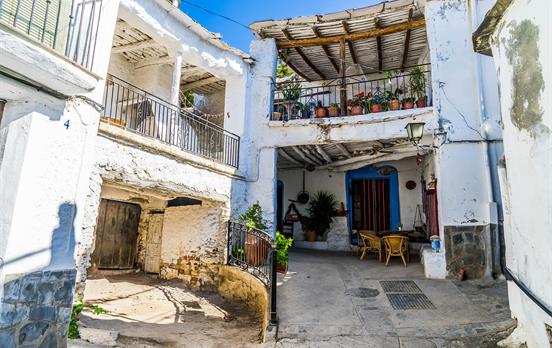
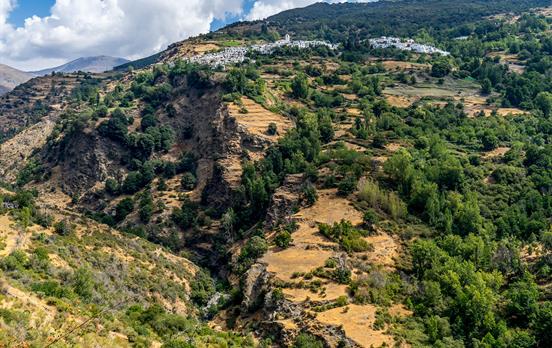



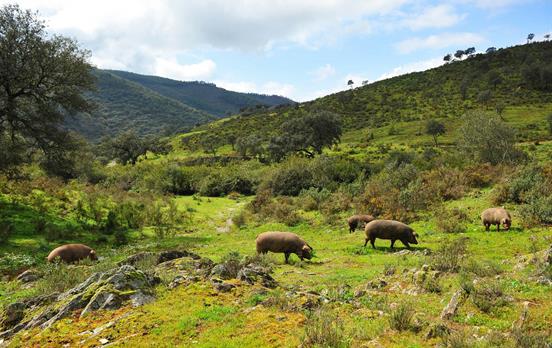
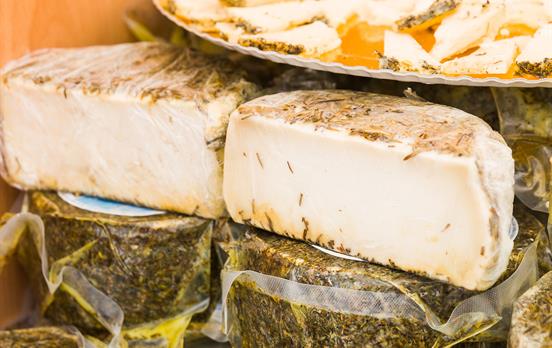

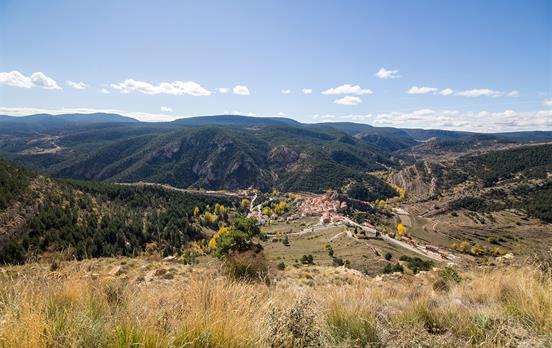
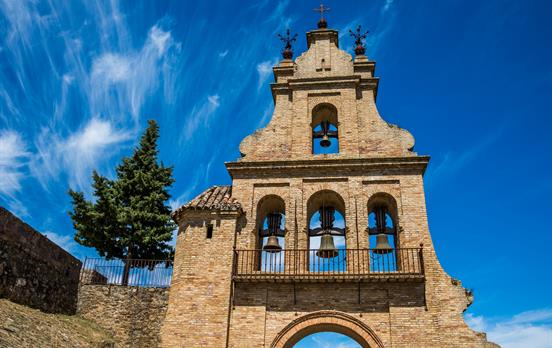
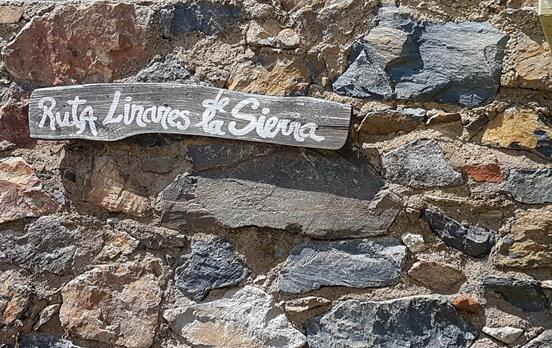
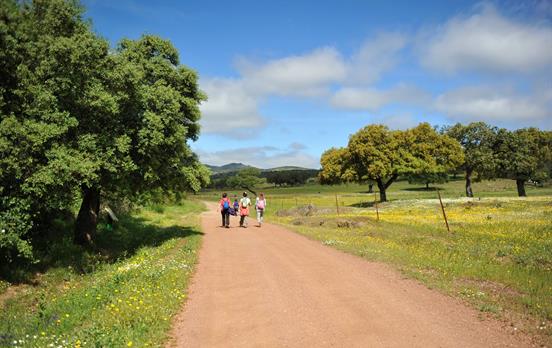
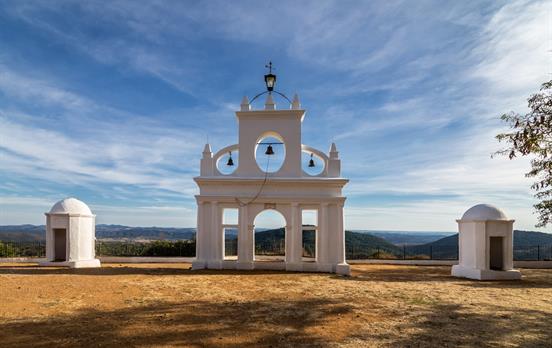


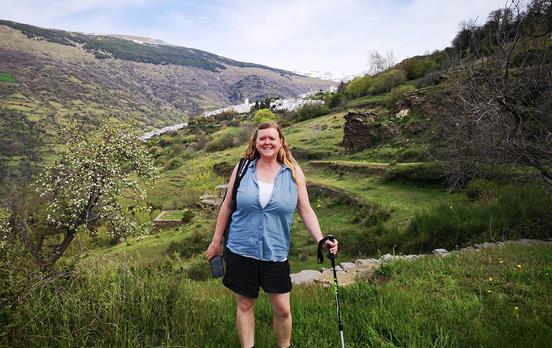

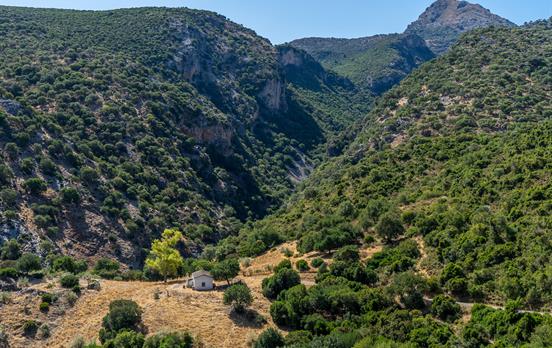
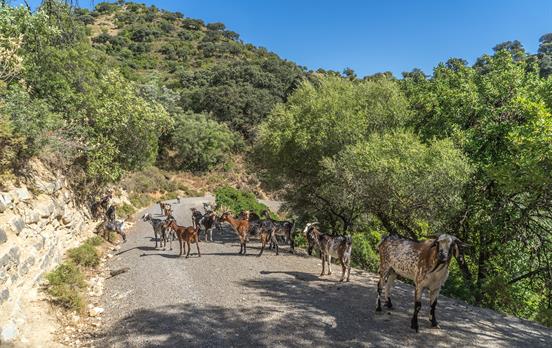
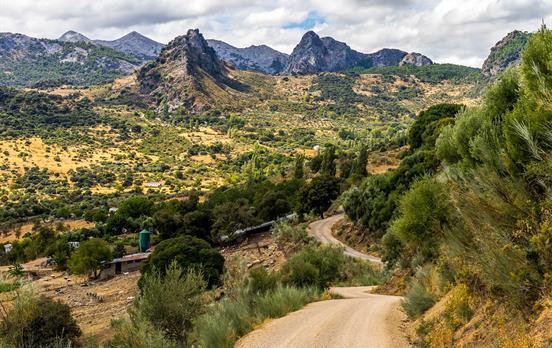
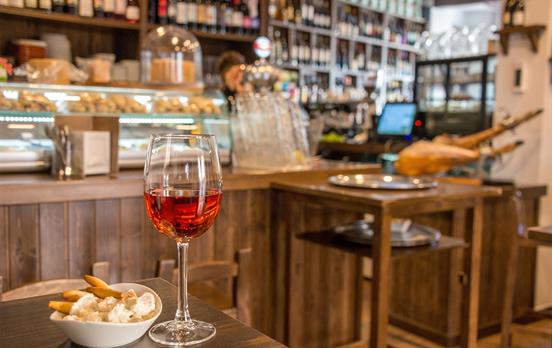
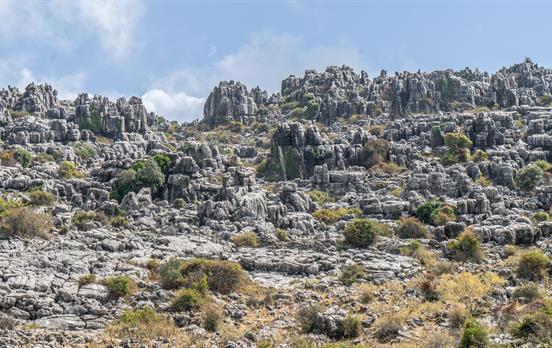
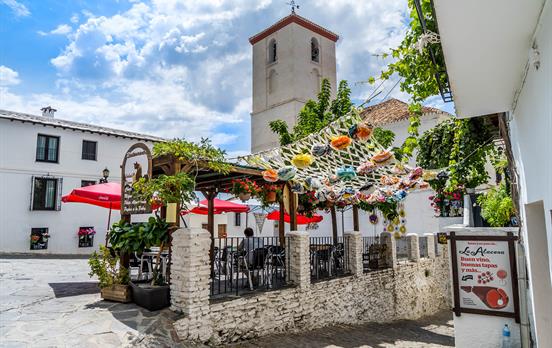
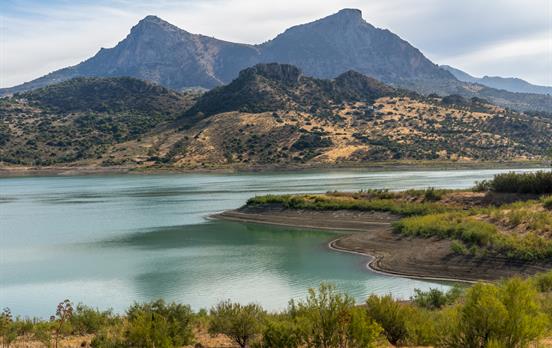
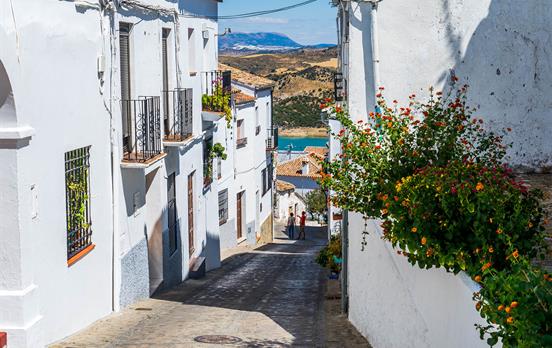
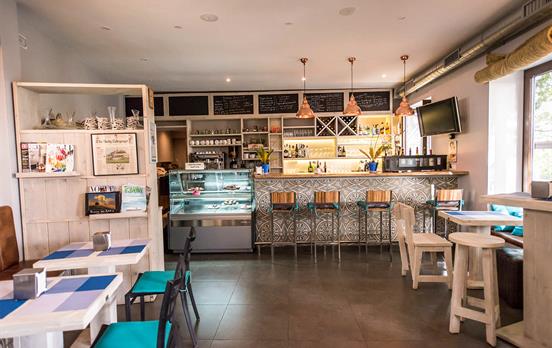



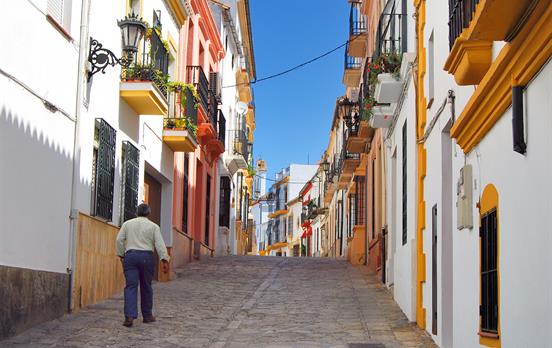

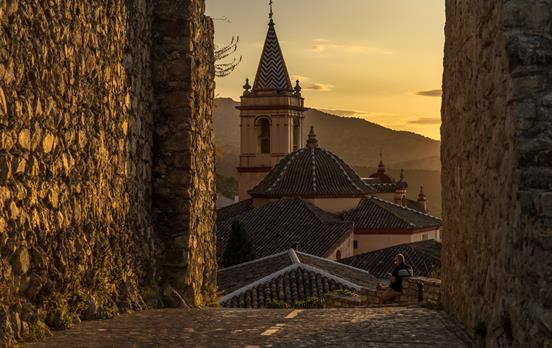
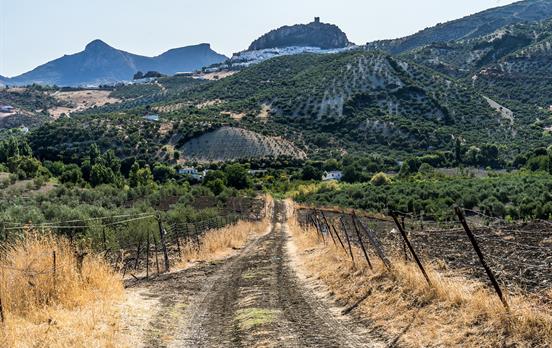
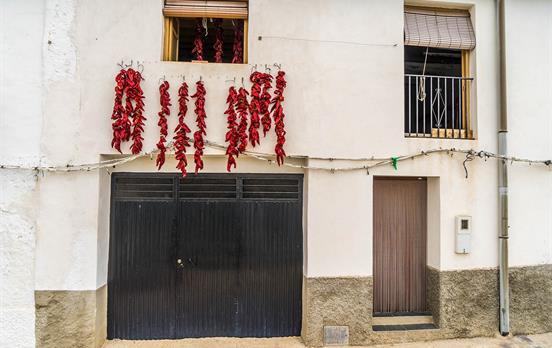

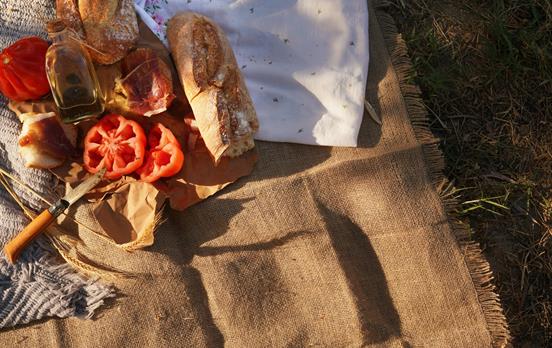
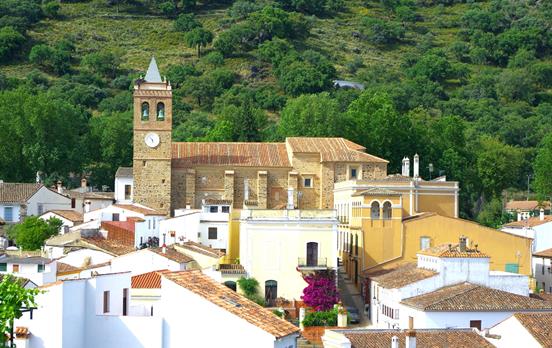
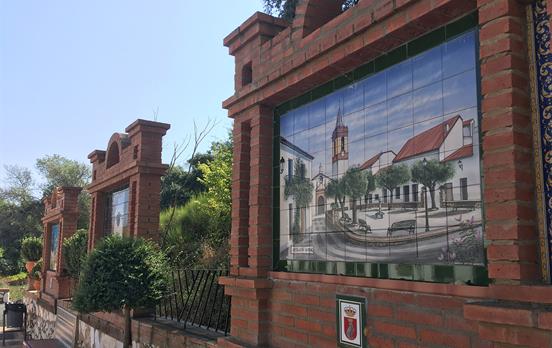
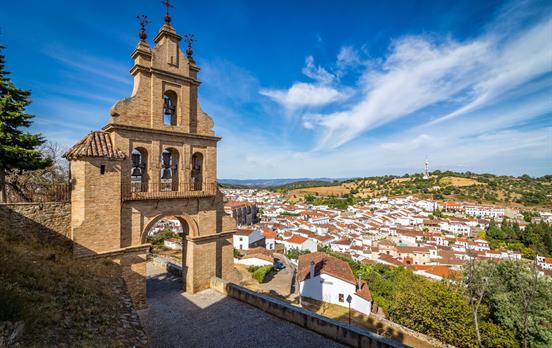

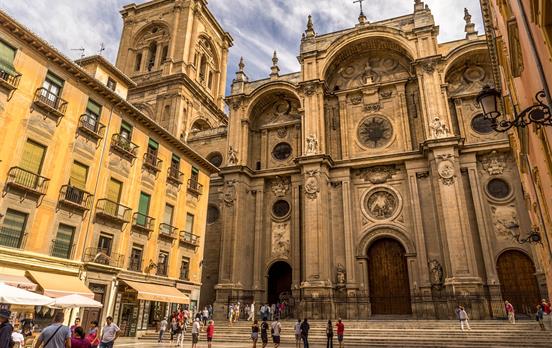
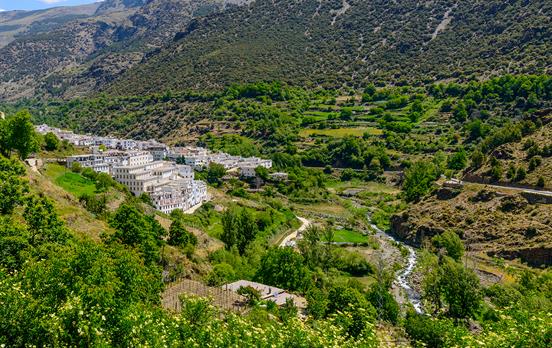
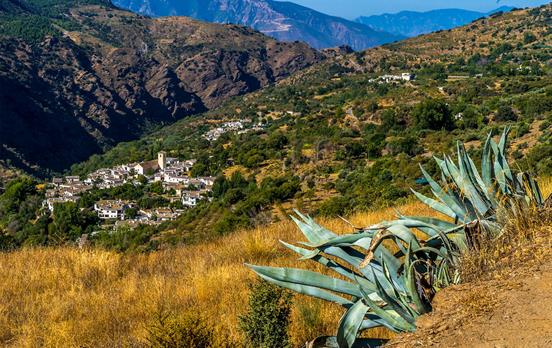
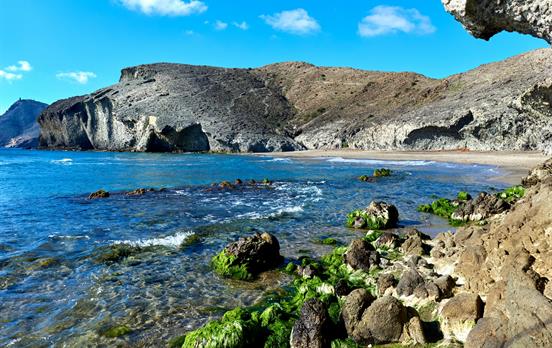
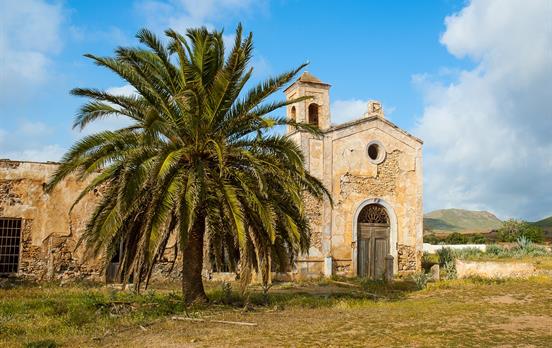
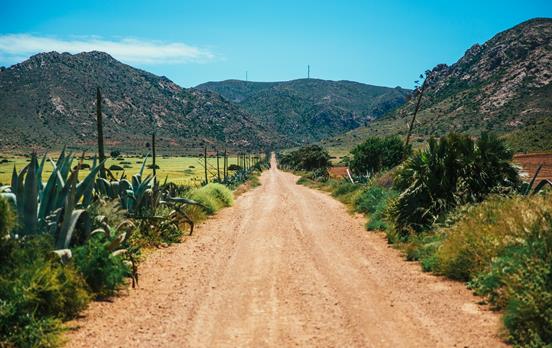
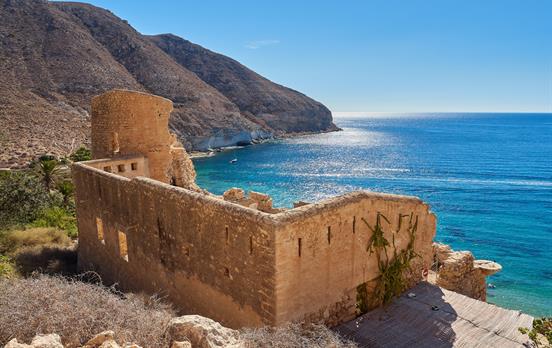
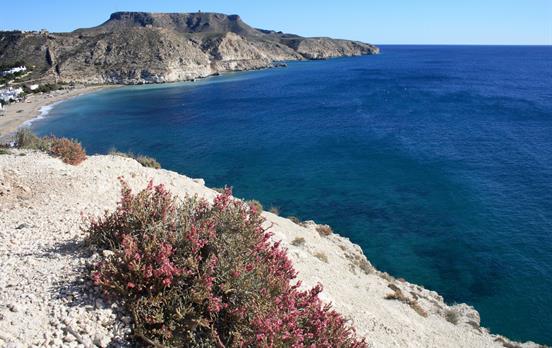
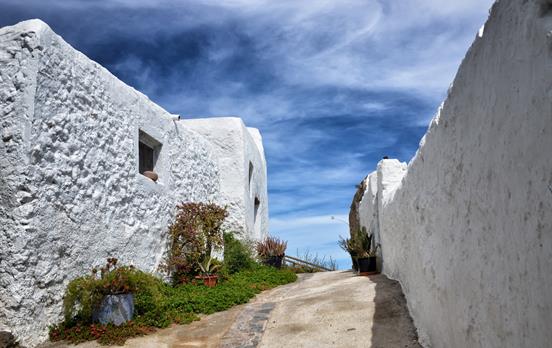
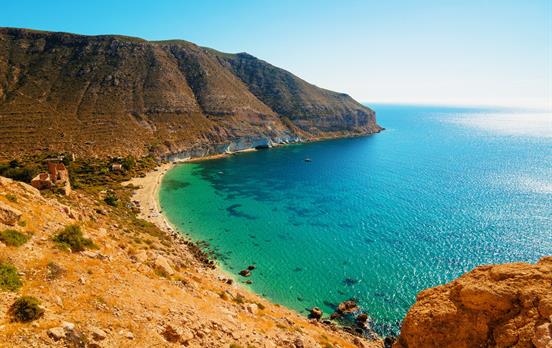
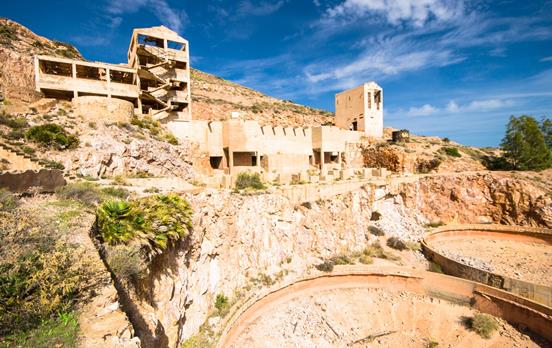
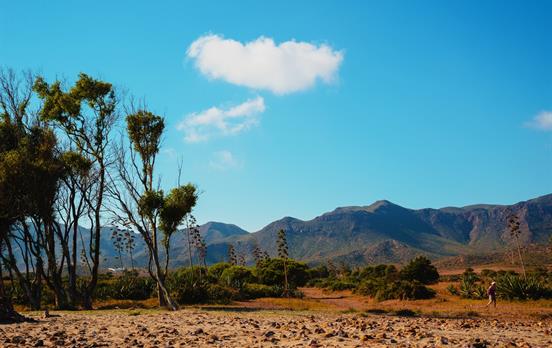
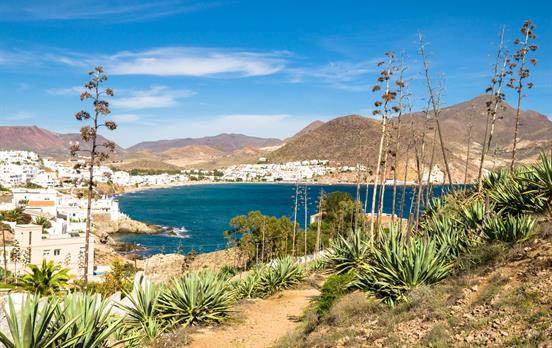















 Australia
Australia New Zealand
New Zealand South Africa
South Africa European Union
European Union